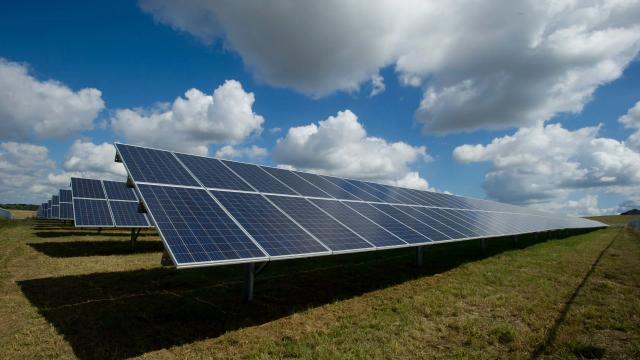The US Deep Decarbonization Pathways Project – Transforming the US Energy System
A new piece of legislation in the US, the Green New Deal proposal, has stirred up conversation. Its release promptly reopened a nationwide discussion on climate change, infrastructure and social justice and has left proponents and critics to ask how precisely the Green New Deal shall be achieved. This is where the US Pathways Project might be able to offer suitable answers.
In 2012, the Deep Decarbonization Pathways Project (DDPP), a global energy research collaboration, was founded to limit global warming to 2°C or less. Its framework was developed by The Institute for Sustainable Development and International Relations (IDDRI) and the Sustainable Development Solutions Network (SDSN). More than 28 leading research institutions from 16 of the world’s largest greenhouse gas emitting countries (Australia, Brazil, Canada, China, France, Germany, India, Indonesia, Italy, Japan, Mexico, Russia, South Africa, South Korea, United Kingdom, and United States) contributed to a 2015 global synthesis report and a number of country-specific pathways, and the work continues.
In 2018, the Sustainable Development Solutions Network United States (SDSN USA) network launched the Pathways Project, the first phase of which is being led by DDPP and consultants from Evolved Energy Research. The initiative’s outputs include Regional Decarbonization Pathways Reports and a White Paper, which were discussed at the first Pathways Project Webinar on July 24, 2019. Over 60 participants joined for presentations and discussions on the above mentioned reports. Download the meeting notes from the webinars here.
The Regional Decarbonization Pathways Reports portray what an energy transition might look like in different US regions and across jurisdictional levels. In 2018, the Northeastern Deep Decarbonization Pathways Report (covering Connecticut, Maine, Massachusetts, New Hampshire, New York, Rhode Island, and Vermont) was published. The Northeastern region study inspired two additional reports on the Midwest and Southeast regions of the US.
Additionally, a Policy White Paper, which will be released in early 2020, aims to inform a national dialogue on the necessary pathways for a much-needed energy transformation in the US. The White Paper will further examine how historical precedents affect decarbonization, how geospatial analysis and planning can be leveraged for this transition, the role of jobs in a low carbon energy system, and how research and development will support deep decarbonization pathways in the US.
If your organization would like to get involved with the Pathways Project and become part of a nationwide energy transformation initiative, please send an email to [email protected] , tell us about your work, and what area of the project you would like to contribute to.
